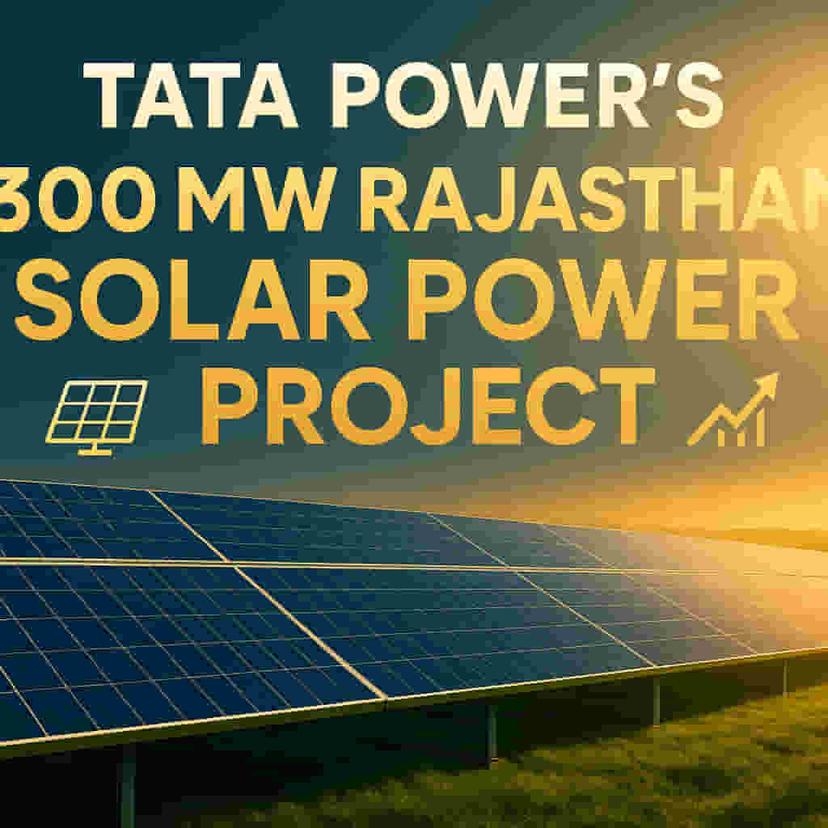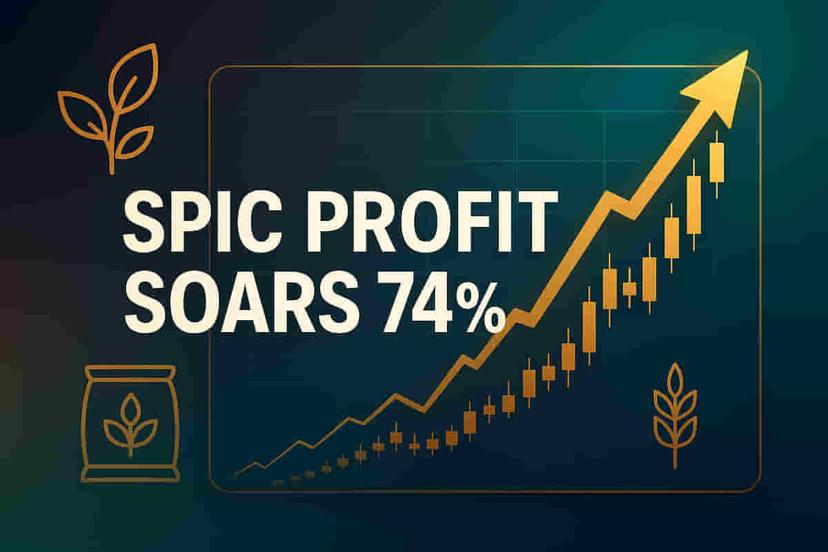India Forges Ahead: New Trade Deals with Developed Nations, ₹10,000 Crore Boost for Deep-Tech Startups
Overview
Union Commerce Minister Piyush Goyal announced India's strategic push towards trade deals with developed economies, aiming to enhance domestic competitiveness and unlock opportunities. He also revealed a ₹10,000 crore fund specifically for deep-tech startups, addressing their funding challenges and early-stage dilution. Goyal reiterated India's focus on quality goods, sustainable development, and the need for domestic capital to support indigenous innovation.
Union Commerce & Industry Minister Piyush Goyal, speaking at the Fortune India ‘India’s Best CEOs 2025’ event, highlighted India's robust engagement in trade negotiations with developed economies. The primary objective, he stated, is to mitigate competitive disadvantages faced by domestic Indian companies, thereby opening a "floodgate of opportunities." Goyal emphasized that India now has a standardized approach to trade negotiations, ensuring agreements are mutually beneficial ("win–win") and are only pursued with advanced economies boasting high per capita incomes.
The Minister also elaborated on India's decision not to join the Regional Comprehensive Economic Partnership (RCEP), explaining it was a strategic move to avoid an unfavorable free trade agreement with China. Prime Minister Narendra Modi's decisive stand in Bangkok underscored India's commitment to its guiding principles.
A significant announcement was the allocation of a ₹10,000 crore Startup Fund of Funds exclusively for deep-tech startups. Goyal acknowledged that deep-tech ventures have long horizons and uncertain success rates, making them crucial for national innovation but challenging for conventional funding. He expressed concern over early-stage startups selling large equity stakes at low valuations to "sharks," urging for more "Swadeshi capital" (domestic investment) to support India's immense talent pool.
Furthermore, Goyal stressed the long-term value of high-quality goods and services, alongside the critical importance of sustainable development, advocating for responsible global practices like waste reduction and recycling. He noted that India is increasingly viewed as a trusted partner globally, owing to its policy stability and predictability.
Impact
This news carries substantial positive implications for the Indian stock market. The pursuit of trade deals with developed nations can significantly boost Indian exports and attract foreign direct investment, potentially leading to revenue growth and stock appreciation for various sectors. The dedicated fund for deep-tech startups signals a strong commitment to innovation and future technologies, which could nurture high-growth companies and create substantial economic value. Increased domestic capital participation in startups will foster entrepreneurship and potentially lead to market-leading companies in sectors like technology and advanced manufacturing. The emphasis on quality and sustainability aligns with global investment trends, making Indian businesses more attractive to international investors and improving their long-term prospects.
Rating: 8/10
Difficult Terms Explained:
- Trade Deals: Formal agreements between countries to regulate international commerce, covering aspects like tariffs, quotas, and market access.
- Developed Economies: Countries characterized by advanced industrialization, high per capita income, robust infrastructure, and high standards of living.
- Competitive Issues: Challenges faced by domestic industries when competing with foreign companies that may have advantages in cost, technology, or market access.
- Win-Win: A negotiation outcome where all parties involved achieve a mutually beneficial result.
- Standard Operating Process (SOP): A set of detailed, step-by-step instructions designed to perform a routine operation.
- RCEP (Regional Comprehensive Economic Partnership): A proposed free trade agreement involving the ten ASEAN member states and their five free trade partners.
- Free Trade Agreement (FTA): An international agreement between two or more countries to reduce or eliminate barriers to trade, such as tariffs and quotas.
- Deep-Tech: Refers to startups and companies based on substantial scientific discovery or engineering innovation, typically requiring significant R&D and investment.
- Startup Fund of Funds: An investment vehicle that invests in other venture capital funds, thereby indirectly supporting startups managed by those funds.
- Seed Funding: The earliest stage of financing for a startup, typically used to cover initial operational costs and product development.
- Swadeshi Capital: Capital or investment that originates from domestic sources within India.
- Sustainable Development: Development that balances economic growth with environmental protection and social equity, ensuring resources are available for future generations.
Energy Sector

India's Renewable Energy Boom Challenges Coal Power's Dominance, Driving Economic Shift

Tata Power Renewable Energy Commissions 300 MW Rajasthan Solar Project

Pace Digitek Wins ₹929 Crore Solar Project Order from Maharashtra Power Firm
Agriculture Sector





